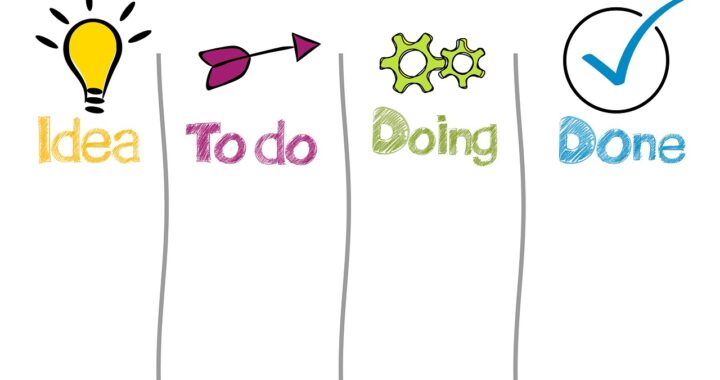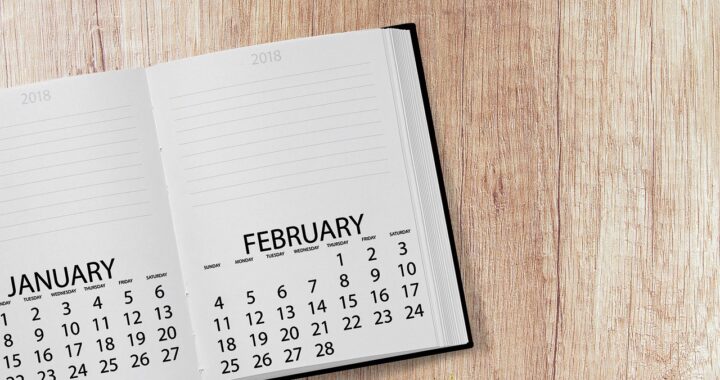Time Management: Learning to prioritize tasks and manage time efficiently.
In the fast-paced world we live in, time management has become a critical skill for personal and professional success. Learning to prioritize tasks and manage time efficiently not only increases productivity but also reduces stress and enhances overall well-being. In this article, we’ll delve into the importance of time management and provide practical strategies to help you make the most of your precious time.
Understanding the Essence of Time Management
Time management is more than just a buzzword; it’s a fundamental approach to how we navigate the demands of our daily lives. At its core, time management involves making conscious choices about how to allocate time to various activities, ensuring that essential tasks are completed efficiently and effectively.
Why Does Time Management Matter?
- Increased Productivity: Effective time management leads to increased productivity. By focusing on high-priority tasks and eliminating time-wasting activities, you can accomplish more in less time.
- Reduced Stress: Feeling constantly rushed and overwhelmed is a common byproduct of poor time management. Learning to manage your time effectively can significantly reduce stress, allowing you to approach tasks with a clear and focused mind.
- Improved Decision-Making: When you manage your time well, you create space for thoughtful decision-making. Rather than making rushed choices, you can weigh options and choose the most strategic path forward.
- Work-Life Balance: Proper time management is a key component of achieving a healthy work-life balance. By allocating time to work, leisure, and personal development, you can lead a more fulfilling and well-rounded life.
Strategies for Effective Time Management
- Set Clear Goals: Start by defining your short-term and long-term goals. Knowing what you want to achieve provides clarity and helps you prioritize tasks that align with your objectives.
- Prioritize Tasks: Not all tasks are created equal. Use methods like the Eisenhower Matrix to categorize tasks into urgent and important, allowing you to prioritize effectively.
- Create a To-Do List: Develop a daily or weekly to-do list to outline tasks and deadlines. Having a visual representation of your responsibilities helps you stay organized and focused.
- Time Blocking: Allocate specific blocks of time to different activities. Whether it’s work, meetings, or personal time, setting designated periods enhances focus and prevents multitasking.
- Learn to Say No: Recognize your limits and be selective about the commitments you take on. Saying no when necessary ensures that you can dedicate time to your top priorities.
- Utilize Technology: Leverage productivity tools and apps to streamline tasks and reminders. Calendar apps, task management tools, and time-tracking apps can be valuable allies in your time management journey.
- Set Realistic Deadlines: Be realistic about the time required for each task. Setting achievable deadlines prevents overcommitting and reduces the likelihood of feeling overwhelmed.
Putting Time Management into Practice
- Morning Rituals: Start your day with a clear plan. Outline your priorities for the day, and tackle high-priority tasks during your peak energy periods.
- Batch Similar Tasks: Group similar tasks together to minimize transitions and maximize efficiency. This approach reduces mental fatigue and helps you maintain focus.
- Regular Breaks: Schedule short breaks between tasks to refresh your mind. Taking breaks can enhance overall productivity and prevent burnout.
- Evaluate and Adjust: Regularly assess your time management strategies. Identify what’s working well and where adjustments are needed. Flexibility is key to sustained success.
Conclusion: Empowering Your Future with Time Mastery
In the grand scheme of life, time is our most finite resource. How we manage it shapes our achievements, influences our well-being, and determines our overall sense of fulfillment. By understanding the essence of time management and implementing practical strategies into your daily routine, you’re not just managing minutes and hours — you’re taking control of your future. As you embark on the journey of mastering the clock, remember that time is a tool, and with effective management, you can wield it to create a life of purpose, accomplishment, and balance.
 Charting Your Success: A Layman’s Guide to Goal Setting for Professional Growth
Charting Your Success: A Layman’s Guide to Goal Setting for Professional Growth  Mastering Your Day: A Comprehensive Guide to Daily Work Planning
Mastering Your Day: A Comprehensive Guide to Daily Work Planning  Navigating Workplace Challenges: Strategies for Dealing with an Obnoxious Coworker
Navigating Workplace Challenges: Strategies for Dealing with an Obnoxious Coworker  A Step-by-Step Guide to Creating a Personal Mission Statement
A Step-by-Step Guide to Creating a Personal Mission Statement  Unleashing Creativity: Techniques to Generate Innovative Ideas at Work
Unleashing Creativity: Techniques to Generate Innovative Ideas at Work  Mastering Team Dynamics: A Guide on How to Be a Team Player
Mastering Team Dynamics: A Guide on How to Be a Team Player